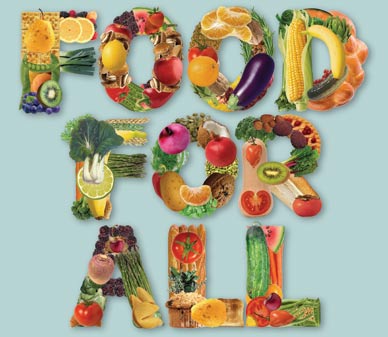
“Food democracy” has become the rallying cry of an emerging grassroots movement. It certainly sounds good–but what exactly does it mean? “Eating local,” as more and more people strive to do, is part of it. At the most basic level, though, food democracy requires a transformation of the food industry, so that workers and consumers can exercise control over what they produce and eat. As the Small Planet Institute defines it, “Food democracy means the right of all to an essential of life–safe, nutritious food. It also suggests fair access to land to grow food and a fair return for those who labor to produce it. Food democracy concerns itself with the future as well: It implies economic rules that encourage communities to safeguard the soil, water, and wildlife on which all our lives and futures depend.” The vision is compelling, but how can it be made concrete? What are the obstacles to democratizing the food system, and how can they be overcome? For this forum, we asked five leading figures of this country’s food movement to reflect on how food democracy can be achieved, here and now. Their responses follow. –The Editors
In This Forum
Alice Waters: A Healthy Constitution
Dan Barber: Why Cooking Matters
Dave Murphy: An American Right to Food
Grace Lee Boggs: Detroit’s “Quiet Revolution”
LaDonna Redmond: Food is Freedom


